Art has been at the core of understanding the truth of human existence. So, it comes as no surprise that it has been under threat, especially in the last few years, from oligarchs and grifters who have been busy laundering a version of truth that suits their avarice. They are so desperate to be the ones deciding a prevalent socio-political narrative that they have built tools specifically to strip humans of their ability to think and process information by doing it for them.
By doing so, they have introduced another challenge for humans in separating truth and post-truth fiction. That’s why Sterlin Harjo’s “The Lowdown” (TV Series 2025) hits harder, as it follows a journalist and a self-proclaimed ‘truth-storian’ trying to solve a political scandal in Oklahoma against villains with similar narrative-shaping motives.
Harjo’s protagonist, Lee Raybon (Ethan Hawke), feels like he belongs to another era when journalists genuinely cared about what they were putting out in the world. He understands the value of his words and the importance of truth and precision, even if he’s barely making ends meet. It’s rare to see someone who would go to the lengths he does to find the truth. His idealistic principles make him seem almost like a fictional character, akin to sleuths in detective novels. The script aptly places him in an investigative thriller set-up and, piece by piece, builds a brooding mystery, reminiscent of films like “Chinatown.”
Raybon, however, is more of a cross between Jack Nicholson’s Jake Gittes and Jeff Bridges’ The Dude. You won’t see him wear something formal unless the occasion calls for it, but he would put himself in trouble by sticking his nose where it doesn’t belong, much like Jake Gittes. Instead of safe and sanitized thinkpieces, he would focus on topics that would actually matter to people and would look for information that you won’t find elsewhere.
Yet, there is something Dude-like about his personality and how he behaves and presents himself in the world. He spits out literary quotes like sermons, not out of any cult-building ambitions but simply because it’s his nature. He is a casually enigmatic figure, a clever mix of someone you would find across the street and someone you would want to write novels about.
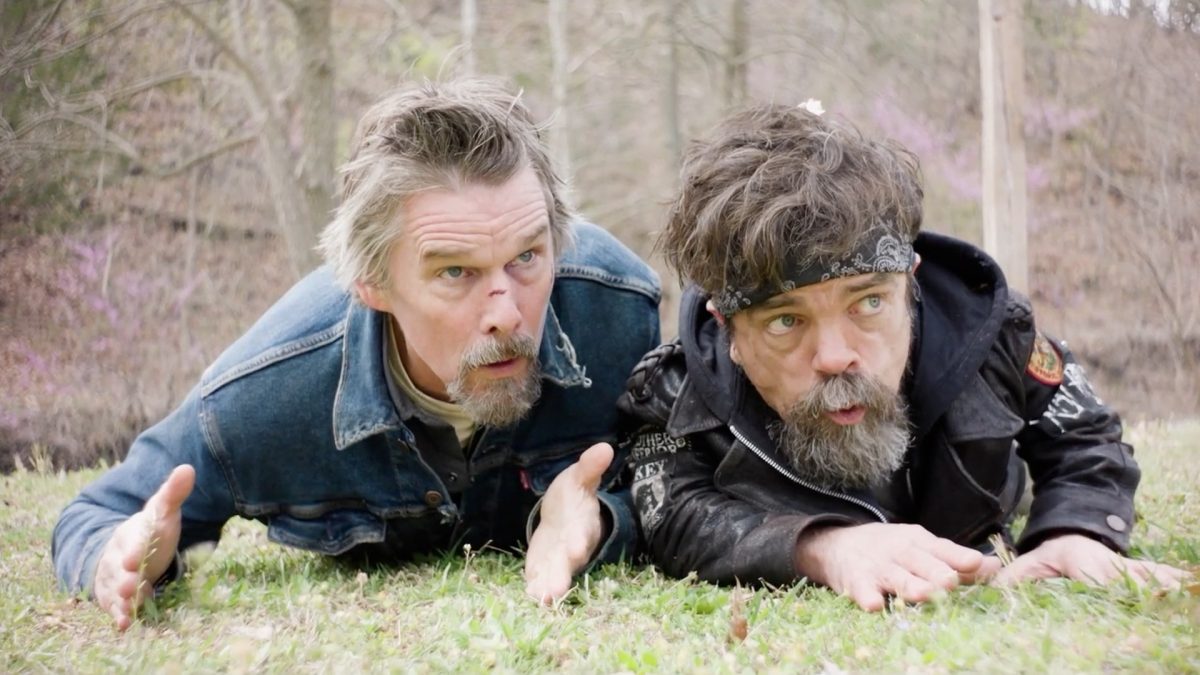
Also Read: 10 Best Neo-Noirs of the 21st Century, Ranked
Harjo isn’t new to striking that balance through his work. His previous show, “Reservation Dogs,” is filled with similar, casually iconic characters, who don’t need long-drawn monologues to be memorable. Their persona sticks with you through something as simple as the way they stand, speak, or look at the world. (One of them, Willie Jack, even appears in one of its scenes.) Raybon exudes something similar through his personality that makes Hawke seem like an ideal choice to play the part. Hawke has made a career out of playing effortlessly cool characters who are outliers within their respective worlds.
Raybon is also a father, which makes him seem like an extension of Hawke’s character in “Boyhood,” where he didn’t bow down to the societal pressures but accepted a lifestyle that suited his whimsy. The show, however, doesn’t limit itself to the appeal of Raybon’s oddball charisma to turn him into an attractive rebel without a cause. His drive for justice is, in part, motivated by his need to prove his worth to his daughter. Still, the script turns him into a white man who genuinely cares about the subjects of his work. So, the show becomes a cocktail of idiosyncratic humor, an old-timey neo-noir tale, and a drama about a father and a daughter.
Harjo introduces antiheros and a conspiratorial plot, but ditches high-contrast lighting for a show that swings between being a lighthearted, laidback, occasionally irreverent comedy and an immersive, procedural drama. It takes a little time to get used to its world, but once you do, you notice a seamless balance between these styles. It’s rather their interconnectedness that makes you stick with Raybon till the last beats of his investigation.
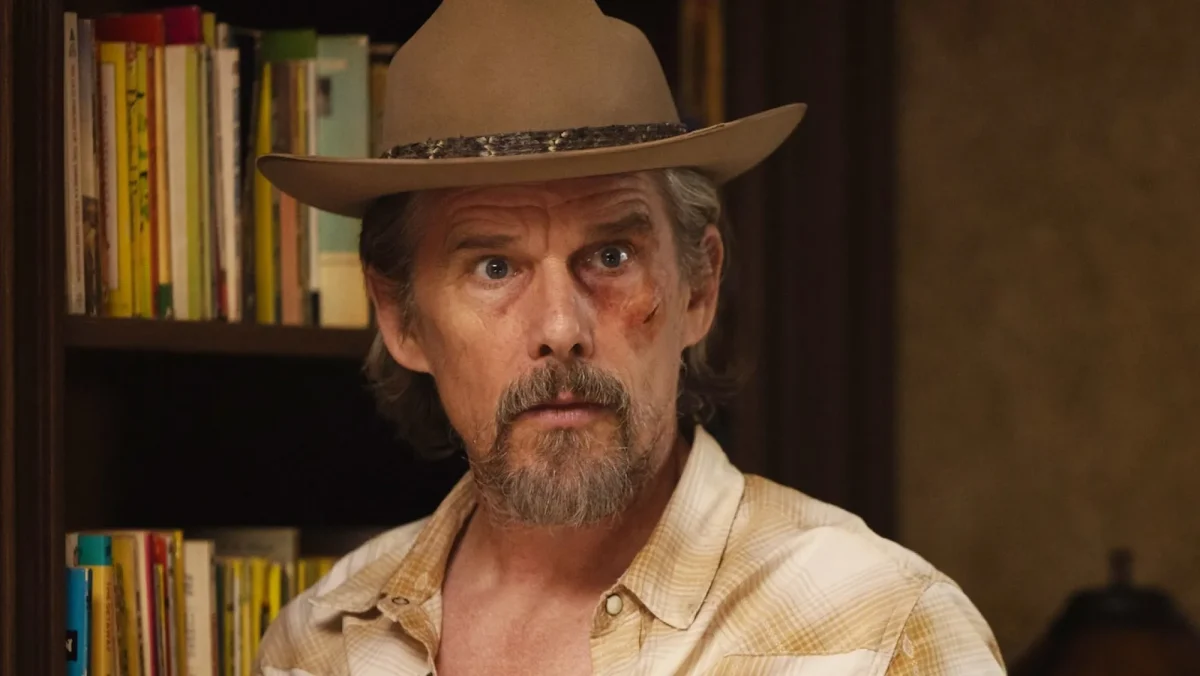
We meet characters who became outliers either by choice or out of necessity. You will see queer rights, native american rights, and the rot of religious fundamentalism and white nationalism discussed without any pretense or performative inclusion of those elements. These stories appear organically within the scope of Raybon’s investigation.
They are intrinsic to the emotional beats and the eventual outcome. You get the kicks of watching a satisfying neo-noir, but underneath its atmosphere, you also get to watch a charming father-daughter tale, where the two occasionally feel like the leads of a buddy cop dramedy. The difference is that neither are cops who must solve the case. Raybon might consider the complete picture of this case a story worth trending for his magazine, but he gets asked to stop pursuing the case more often than to pursue it.
Beneath the charm and thrill, there is a truth relevant to present times, marred by the moral corruption of oppressors, feeling ‘powerless’ in a system that is not devoted only to their concerns. Through Hawke’s character, the show offers a different take on the white savior trope. He plays someone who doesn’t want to be recognized or appreciated for doing the bare minimum, and is okay being a part of the crowd while using his privilege for the greater good.
His arc, which could have been cloyingly sentimental, feels genuine since it is rooted in the mundaneness of the world he inhabits. The characters, played by Ryan Kiera Armstrong, Siena West, Cody Lightning, and Rachel Crowl, feel as crucial as the ones played by Keith David, Tim Blake Nelson, Jeanne Tripplehorn, and Kyle MacLachlan, who drive the plot. Harjo doesn’t leave them as embellishments. He makes them a part of the show’s DNA.
Thanks to them, “The Lowdown” keeps bubbling with moments of spontaneous humor. Yet, it doesn’t lose sight of the fact that it is an investigative thriller. So, besides Brad Ingelsby’s “Task,” it becomes one of the 2025 shows that compellingly sticks the landing.



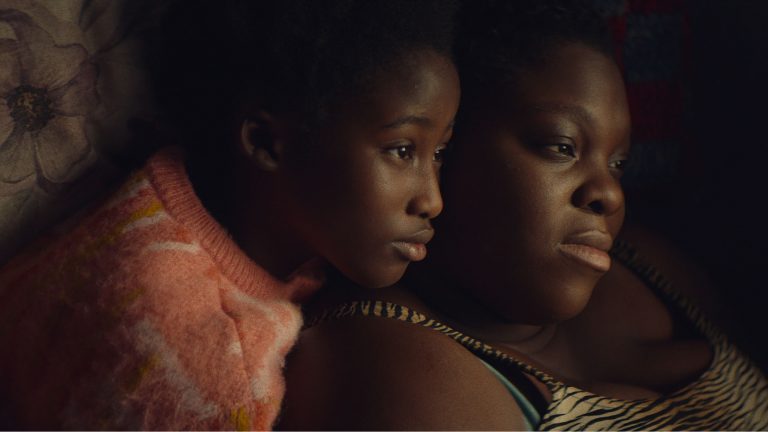
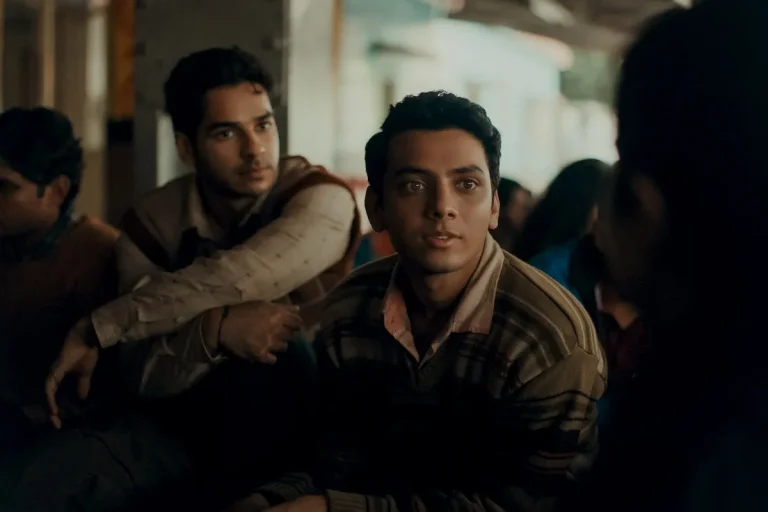
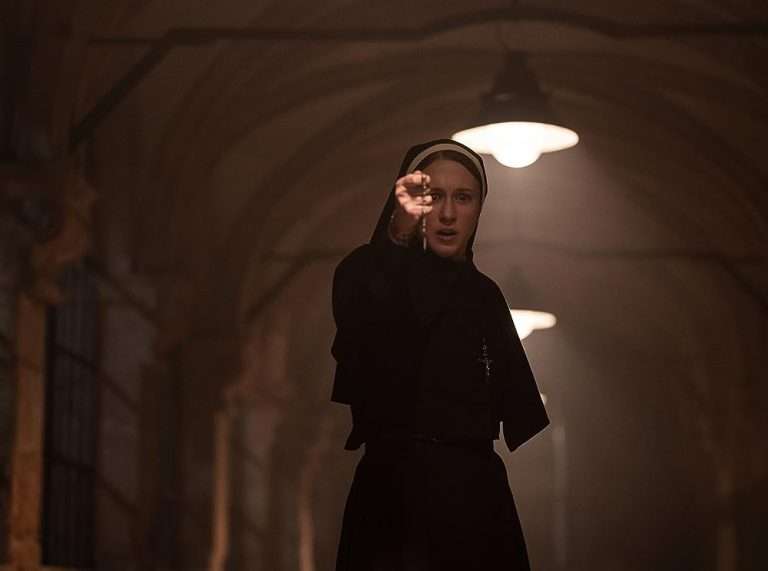
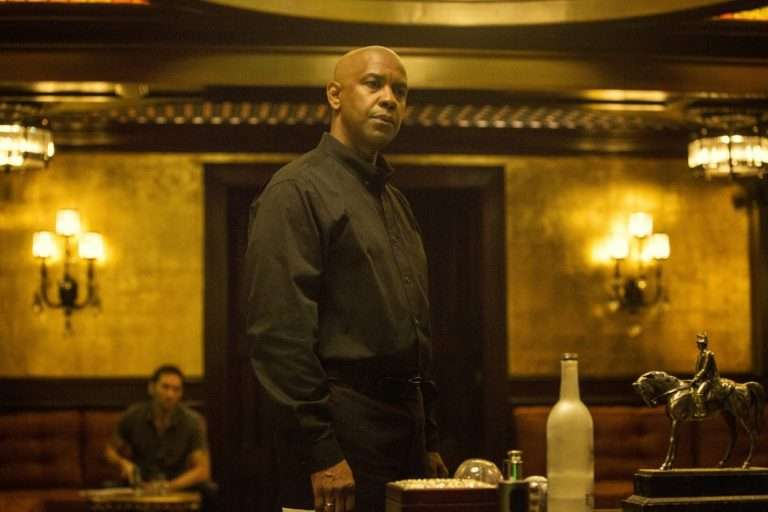
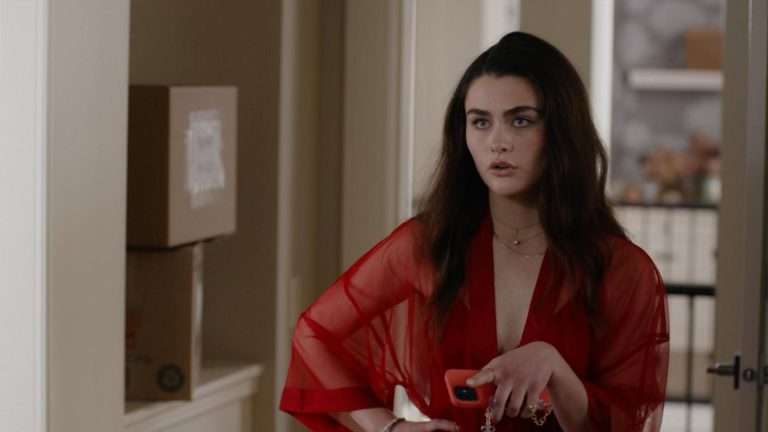
![The Club [2015]: The Spiritual Punishment “JIO MAMI Mumbai Film Festival Review”](https://79468c92.delivery.rocketcdn.me/wp-content/uploads/2015/11/3_Club1.jpg)